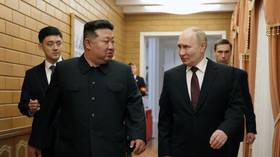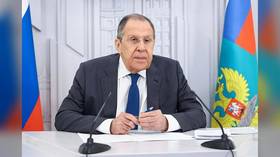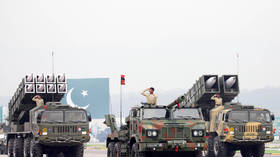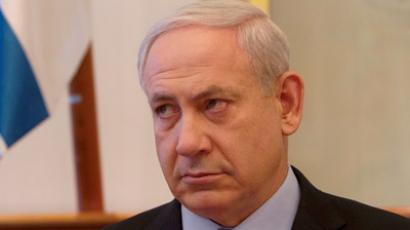Israeli PM Netanyahu announces early elections
Israeli Prime Minister Benjamin Netanyahu has announced early parliamentary elections, as budget talks for next year collapsed with no conclusions reached. Netanyahu's partners have refused to accept the welfare cuts written into it.
The elections will have to take place in the next three months. According to estimates, they will most likely be held at the end of January or the beginning of February.Netanyahu is looking to use his relatively high approval rate and the Likud party's good standing in the polls to prevent potential rivals from strengthening their platforms. Some suggest he is also concerned about US President Barack Obama's re-election and possible diplomatic retaliation for Netanyahu's support for Republican candidate Mitt Romney. The prospect of early elections arose after Interior Minister Eli Yishai said his Shas party would not support wide-ranging budget cuts, particularly cuts to benefits for the elderly, single-parent families and the poor. If the Knesset fails to pass a budget for next year, ministries will head into 2013 with monthly budgets equal to their original monthly allocations for 2012.Netanyahu’s announcement was widely expected, as parliamentary elections in Israel are usually called early. But this time, Netanyahu is trying to buy himself a new mandate to deal with the budget and a number of social problems later, Jeffrey Laurenti, a senior fellow at the Century Foundation on International Affairs told RT.“The public motive is that he can’t find agreement within his existing right-wing coalition on the coming year’s budget,” Laurenti said. “So he is going to dissolve parliament, get an election and then try to deal with the budget.”In recent years Israel witnessed a number of massive rallies, marches and sit-in protests against social injustice, with some of the most desperate protesters going as far as self-immolation. However, it is hard to see how the other parties, which are very strong defenders of social spending, are going to change their minds after an election, when they “will be even more committed,” Laurenti added.“So it seems that the real purpose is to safeguard his political flanks before he begins a downward spiral, politically, going into the next year,” he said. “Especially if President Obama is re-elected and turns some screws on him, given that Prime Minister Netanyahu had interfered a bit into the American presidential election this year.”
Netanyahu is taking advantage of the situation with the budget dispute as a pretext, political analyst Ron Pundak told RT.“Netanyahu, if there won’t be any miracle for the opposition, is going to win in three months,” he said. “This is the best time from his point of view, because the coalition today in Israel is in total disarray: there are splinters, there are small parties they're fighting – there’s nobody with the status to be prime minister, nobody with experience. Nobody is a serious candidate.”















